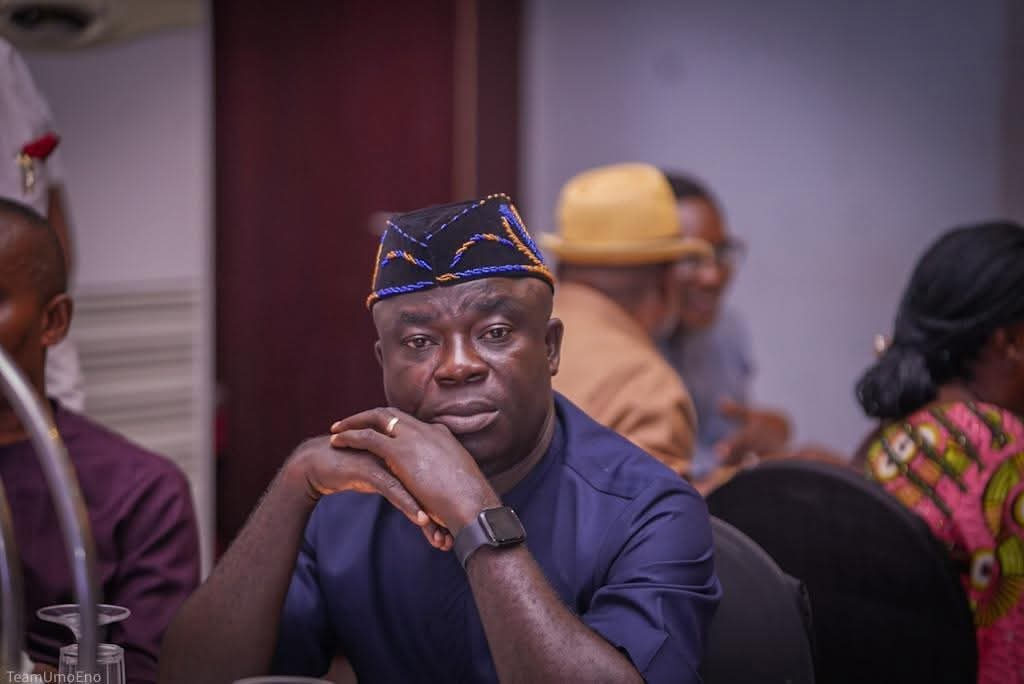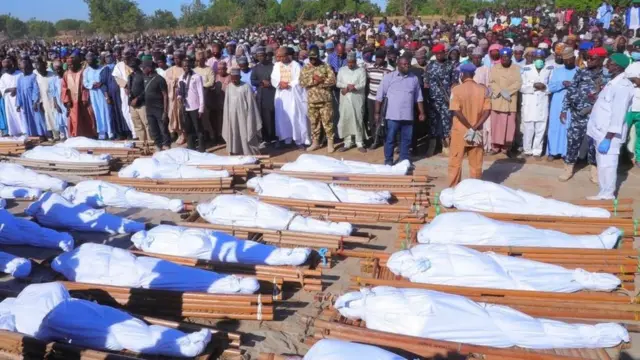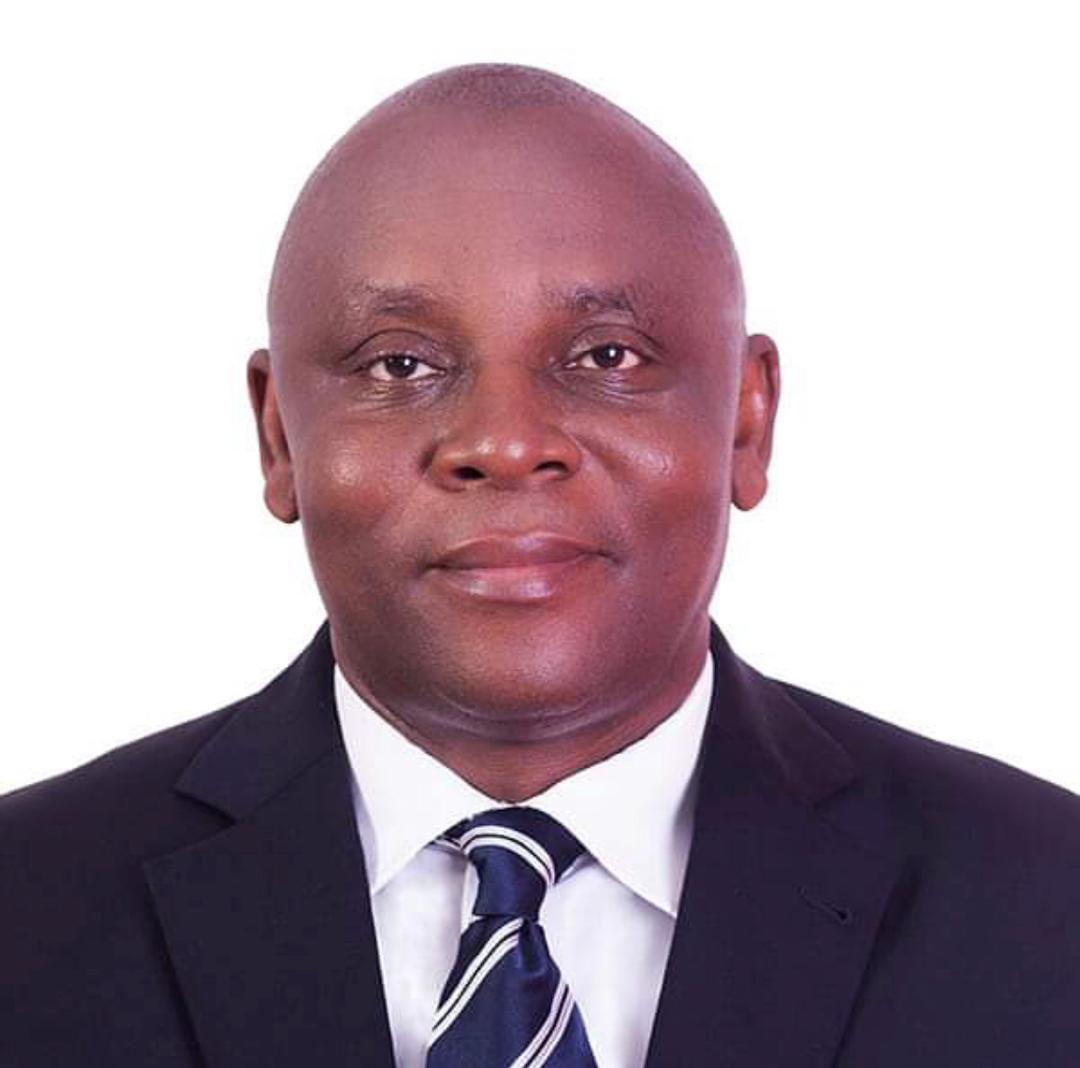[Prequel to Breaking Chains of Darkness, One Idea at a Time]
By: Celestine Mel
In a few days, I will voluntarily walk into a prison. Not one of iron bars and stone walls, but a chamber of ideas. A jail of minds bent on breaking the chains of darkness. For two days, I will be locked up in Ikot Ekpene, sacrificing time and energy for one singular pursuit: power. Yes. Power!
On Thursday 17th and Friday 18th September 2025, the crème-de-la-crème of Nigeria’s electricity ecosystem will converge. It is no accident that this historic gathering will take place at Four Points by Marriott, a luxury hotel built on the very ground where the colonial Ikot Ekpene Prison once stood; where rattling prison chains gave way to shimmering chandeliers and offers sanctuary for leaders and organizations to plot the future. Four Points grounds was a place where men were once confined for sundry offences, without hope and with despair. These days, it has become a foundry for reinventing the mind and molding the future. It is a melting pot where retreats for good governance are hosted, thanks to the ingenuity and ‘uncommon’ vision of Senator Akpabio. This time, it will host experts who will craft an escape route for Akwa Ibom, to break free from another form of bondage: the suffocating darkness of failed electricity. I bet history has a wicked sense of humor.
This convocation is the brainchild of Pastor Umo Eno, Akwa Ibom’s relentlessly restless governor. His style of governance is baffling, unconventional, sometimes excitingly controversial, but never boring. By empaneling a power summit, he has chosen to wrestle the Leviathan head-on, as he typically does.
Unlike most conferences where you wait for an invitation, I chased this one down like a man on fire. I have bought my ticket, secured my leave from work, and sharpened my pen. Why? Because this isn’t theory to me. It’s a lifelong scar.
I was born in Ikot Inyang Udo, a village where electricity was a myth. The first time I saw a bulb glow in my father’s compound was in January 1986, powered not by NEPA, but by a stubborn noisy generator, brought in for his funeral. Imagine that: light came only to bury the man who had lived without it; who spent his entire life fighting to bring light to families, education to his people, and help to the needy. That irony has never left me. I told the story here, a few years ago: https://www.facebook.com/owydoho.Idio/posts/pfbid02HoEk1V1oCak4feUJKYg6wM6a9DA9LLBpQc3joQT8Xbyk7cmCRodECrphHKMAaC4bl
The darkness in my homestead lasted until 2010 when Akpabio’s ‘uncommon’ government finally “brought light” to my village. The euphoria was intoxicating until reality hit. The entire power line was strung across several LGAs without substations, segmentation, or proper planning. Predictably, the system collapsed as soon as it was inaugurated. Fifteen years later, the cumulative hours of electricity in those communities barely scratch 300. Today, the poles stand proudly not as carriers of light, but as yam-stakes for a few ‘lucky’ farmers. As an invested and interested party, I have dug deep to find answers to some of the issues bedeviling the sector. The discoveries are as hydra-headed, monstrous, staggering, and dumbfounding as can be. And I will share a few below.
Hydra-Headed Darkness
Profit Over People: Supplying power to rural communities is not commercially viable for the profit-oriented PHEDC. As a result, rural Akwa Ibom is deliberately starved of power. Rather, the DISCO (I love that name) pushes electricity to the city centers where it can easily recover the cost. Moreover, when the infrastructure in rural areas is threatened, the cost of fixing far outweighs derivable revenue. So, the darkness persists.
Vandalism as Culture: Power lines without power embolden vandals who pull down pylons like firewood for scrap. Recently, PHEDC spent ₦22 million to restore a vandalized pylon near Ikot Inyang in Ikot Ekpene LGA, which feeds most of Essien Udim and all of Obot Akara LGAs. This was after a decade-long and continuing blackout affecting Odoro Ikot (home of the legendary Obong Michael Afangideh) in Essien Udim. The matter was brought to the floor of the House of Representatives by Hon. Patrick Umoh, the ebullient Reps member from the area. PHEDC agreed to fix the situation and mobilized to site. While the restoration work was going on, vandals, acting like the evil character _“Abiku_ ” in Wole Soyinka’s poem of the same name, destroyed three more pylons ahead. As I write this, the situation has remained intractable. The entire area, including my village and the home of the immediate past Commissioner for Power (now MD Ibom Power Company Ltd.), Engr. Camillus Umoh, has remained without power for nearly two years. Yes! You read it correctly. Obong (Akparawa) Michael Afangideh, the _Iroko of Akwa Ibom politics_ , has not had public power for at least ten years, and the MD of Ibom Power has not had power for nearly two years. It is like trying to fetch water with a basket: futile and humiliating.
Billing Madness: Rural households without meters are forced to pay “estimated” bills whether light shines or not. PHEDC slammed my village with a bill of ₦2.7 million for several years of uninterrupted darkness. Meanwhile, the air conditioners I installed in 2015 have been chewed to death by rats. Darkness is bad enough; darkness that sends bills is daylight robbery. My engagements with them on the sordid bill have fallen on stone-deaf ears to this day.
Structural Weakness: The grid design is absurd. If a palm tree falls on a line in Ikot Ekpene, PHEDC often blacks out three LGAs just to fix one fault. And if the affected villages are *“small people’s places,”* (like mine), the outage may linger for months and years. Indeed, rural poverty plus grid indifference equals eternal night.
Here lies the inconvenient truth: communities themselves are complicit. Village heads, clan chiefs, even ward PA’s paid with public funds, look the other way while vandals strip pylons bare. Local Government Chairmen prefer burials and ARISE events to basic governance. If they cannot guard a transformer, why are they in office? Must Umo Eno mount vigilante-watch over every cable? Can he, like the holy spirit, be everywhere at the same time? No.
Similarly, we are hostages to PHEDC and need to break free in the long run. Thankfully, our state got a power distribution license at the tail end of the last administration. Also, Akwa Ibom has sunshine, save for the three or so months of intense rainfall. Estimates put it at an average of 1,800 hours a year, a gift from God. In comparison, Costa Rica and Norway with a similar weather pattern but less sunshine, power their entire economies with renewables. Meanwhile, we, with more sun than both, argue over darkness and crazy PHEDC bills. This can be reversed and harnessed.
Before I close, I have a little testimony. I have lived 100% off-grid in the last three years in Abuja, powered entirely by the sun. The upfront cost was steep, but over time, that has become negligible compared to the peace and comfort. If I can do it, I believe our state can. What we need is not technology. It exists already. We need the right road map, the right mindset, the right funding, the political will and, the right people.
In a constantly changing and dynamic environment, renewables are not charity; they spin trillion-dollar industries. The global renewable power market stands at $1.5 trillion today, projected to hit $2.5 trillion by 2032. Akwa Ibom can claim a slice of that pie if we choose to. Imagine renewable energy plants in Uyo, solar farms in Ikot Ekpene, wind stations on the Ibeno coast, etc. Imagine jobs for our youth, industries humming, investors streaming in. Even our transport system can pivot. Borno State, of all places, already runs fleets of electric taxis in Maiduguri. If Maiduguri can, with its hydra-headed security conundrum, I believe we can do more. I also believe that instead of chasing the ghost of CNG, we can leapfrog to electric mobility. Or do both.
This week’s summit cannot afford to be another talk shop. History has dealt us enough of those. This must be the forge where real steel is hammered. After all, Akpabio once transformed a prison into a four-star hotel. I believe Pastor Umo Eno is determined to transform our darkness into sustainable light. And when we get it right, Akwa Ibom will become the first state in Nigeria where light is not a privilege but a right.
Only then will I sit with swagger, toothpick on my lips, when my grandchildren someday ask me, _“Papa, is it true that Nigerians once quarreled with NEPA, PHCN, and PHEDC, yet still lived in darkness?”_ I will sigh, rub my chin, and reply with a coy smile: _“Yes, children. We lived in a land where darkness sent bills, where rats powered air conditioners, and where light came only for burials. But then one day, Pastor Umo Eno the golden governor said, ‘Enough!’ He led us into light and we won back the sun.”_
Let’s go there……
Celestine Mel writes from the Abuja, FCT. Follow:
https://www.facebook.com/owydoho.Idio
https://www.facebook.com/owydoho.Idio
08088188805 (WhatsApp text only)





